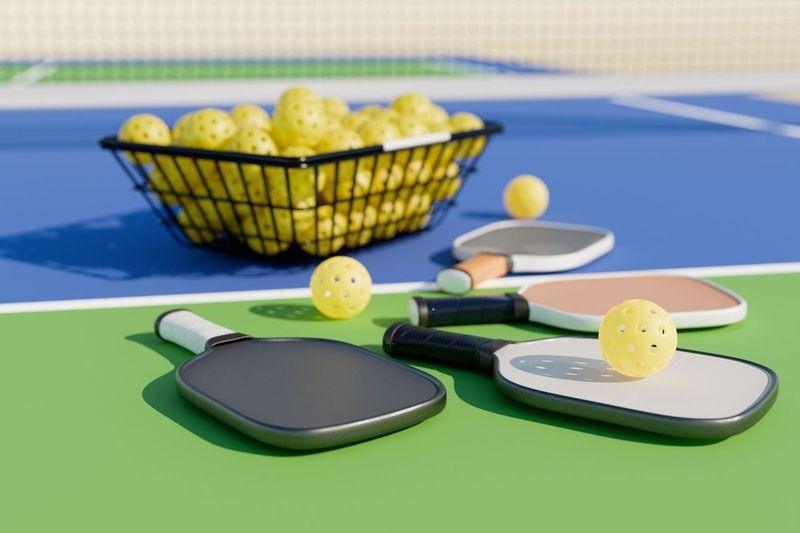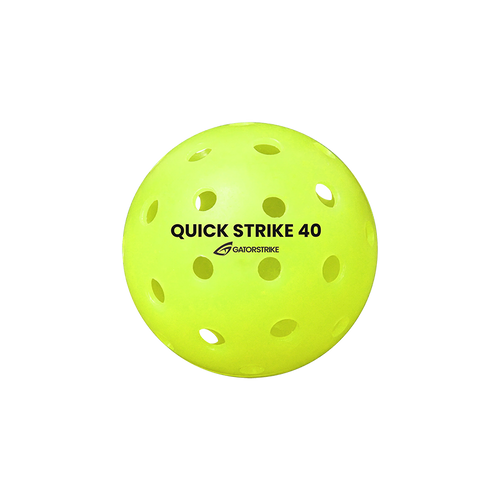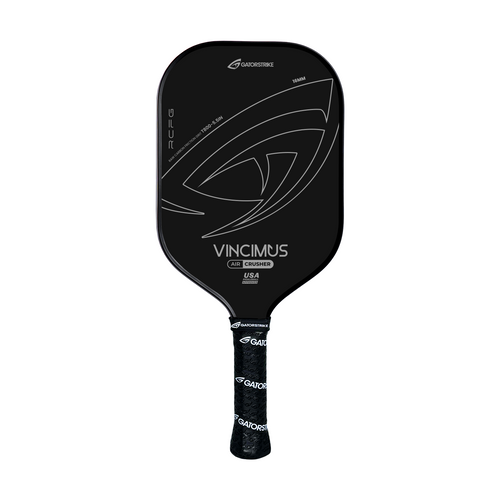
History of Pickleball : From Backyard Game to Global Sport
Share
Pickleball has experienced incredible growth over time since first emerging decades ago as it incorporates elements from tennis, badminton and ping-pong into an innovative sport. What began as backyard games is now enjoyed worldwide and by people of all ages alike - in this article we take an in-depth look into its fascinating journey from humble origins all the way up until becoming an internationally beloved pastime sport.
Start Small Now for Humble Beginnings
Pickleball was first invented during an idyllic afternoon on Bainbridge Island, Washington in 1965 by Joel Pritchard and Bill Bell, two Congressmen and successful businessmen respectively who were looking for ways to entertain their families on an idle afternoon. Unable to locate all necessary equipment for badminton play, they made do using ping pong paddles, perforated plastic ball and an altered net as makeshift alternatives - they called their game pickleball!
It was an instant hit among their families, yet lacked an official name. According to one account, Joan Pritchard coined the name - pickingleball! She noted the combination of sports reminded her of "pickle boat in crew", where rowers would be chosen from remnants from other boats; another accounts suggests Pickles the dog lent his name after enjoying chasing down balls!
Establish the Game Plan
As pickleball gained greater traction among friends and neighbors, its structure began to formalise. By 1967, Joel Pritchard's neighbor Bob O'Brian built the first permanent pickleball court. Rules were refined over time to combine elements from tennis, badminton, and ping pong into an engaging sport unique unto itself.
In 1972, a corporation was created to safeguard and promote the sport of volleyball and drive its growth. To provide uniformity across playing conditions and ensure consistent results as more people took up playing volleyball worldwide. As soon as rules had been written for consistency and standardization.
Rapid Expansion and Popularity Gain
Pickleball saw significant popularity gains during the 1980s and 90s among schools and community centers due to its simplistic rules, minimal equipment needs and appeal across age groups. Tournaments also soon followed suit across America boosting pickleball's visibility even more.
Establishment of the USA Pickleball Association (USAPA) was an historic moment. Their purpose was to foster pickleball's growth and development while setting official rules and hosting tournaments; with their contribution bringing pickleball to wider audiences while creating an unbreakable bond among its participants.
Rapid Growth and Popularity
At the turn of this century, pickleball expanded beyond North America as it spread through expatriate communities and travelers' exposure. The first known pickleball tournament outside of America occurred sometime during mid 2000's - this marking the sport's global journey.
Pickleball has spread to over 70 nations around the globe since 2010, and many nations have national governing bodies established for pickleball. Established in 2010, the International Federation of Pickleball (IFP) serves to develop this sport globally; major tournaments, like World Pickleball Championships draw players from every corner of the earth; thus showing its global appeal and promotion of pickleball worldwide.
The Modern Era
As part of modern culture, pickleball has experienced unprecedented expansion over recent years. Particularly popular in America, pickleball's popularity is on an explosive upward curve - reaching nearly 4 Million players nationally by 2020 according to Sports & Fitness Industry Association estimates (SFIA). This number continues to expand every day.
Pickleball's popularity lies in its accessibility and inclusivity: anyone from families, seniors and competitive athletes to social play enthusiasts and beginners can participate. Plus its welcoming community adds another reason why so many enjoy it so much.
Conclusion
Pickleball has come a long way since its humble roots on Bainbridge Island to its status as a global sport; its journey demonstrates both universal appeal and player passion. What began as backyard fun has now grown into something enjoyed by millions worldwide; pickleball continues its path as it gains recognition as it reminds us all how sports bring joy, camaraderie, and friendship into our lives - whether seasoned veteran players or newcomers to its game can find inspiration in its story as an inspiring illustration of how an idea can become reality

















